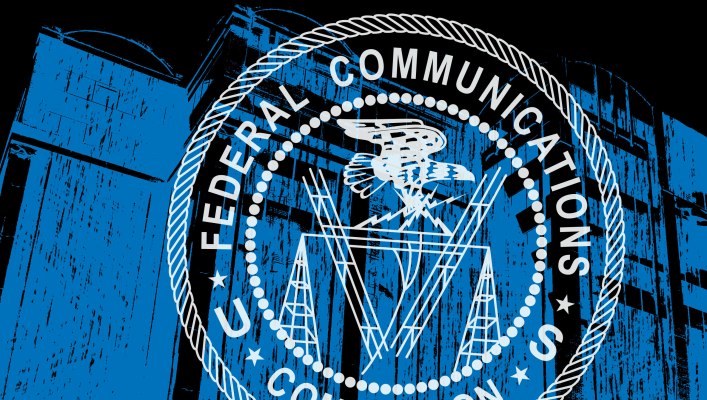The FCC has officially and finally determined that the major wireless carriers in the U.S. broke the law by secretly selling subscribers’ location data for years with almost no constraints or disclosure. But its Commissioners decry the $200 million penalty proposed to be paid by these enormously rich corporations, calling it disproportionate to the harm caused to consumers.
Under the proposed fines, T-Mobile would pay $91M; AT&T, $57M; Verizon, $48M; and Sprint, $12M. (Disclosure: TechCrunch is owned by Verizon Media. This does not affect our coverage in the slightest.)
The case has stretched on for more than a year and a half after initial reports that private companies were accessing and selling real-time subscriber location data to anyone willing to pay. Such a blatant abuse of consumers’ privacy caused an immediate outcry, and carriers responded with apparent chagrin — but failed to terminate or even evaluate these programs in a timely fashion. It turns out they were run with almost no oversight at all, with responsibility delegated to the third party companies to ensure compliance.
Meanwhile the FCC was called on to investigate the nature of these offenses, and spent more than a year doing so in near-total silence, with even its own Commissioners calling out the agency’s lack of communication on such a serious issue.
Finally, in January, FCC Chairman Ajit Pai — who, it really must be noted here, formerly worked for one of the main companies implicated, Securus — announced that the investigation had found the carriers had indeed violated federal law and would soon be punished.
Today brings the official documentation of the fines, as well as commentary from the Commission. The general feeling seems to be that while it’s commendable to recognize this violation and propose what could be considered substantial fines, the whole thing is, as Commissioner Rosenworcel put it, “a day late and a dollar short.”
The scale of the fines, they say, has little to do with the scale of the offenses — and that’s because the investigation did not adequately investigate or attempt to investigate the scale of those offenses. Essentially, the FCC didn’t even look at the number or nature of actual instances of harm — it just asked the carriers to provide the number of contracts entered into.
And why not go after the individual companies? They’re not being fined at all. Even if the FCC lacked the authority to do so, it could have handed off the case to Justice or local authorities that could determine whether these companies violated other laws.
As Rosenworcel notes in her own statement, the fines are also extraordinarily generous even beyond this minimal method of calculating harm:
The agency proposes a $40,000 fine for the violation of our rules—but only on the first day. For every day after that, it reduces to $2,500 per violation. The FCC heavily discounts the fines the carriers potentially owe under the law and disregards the scope of the problem. On top of that, the agency gives each carrier a thirty-day pass from this calculation. This thirty day “get-out-of-jail-free” card is plucked from thin air.
Given that this investigation took place over such a long period, it’s strange that it did not seek to hear from the public or subpoena further details from the companies facilitating the violations. Meanwhile the carriers sought to declare a huge proportion of their responses to the FCC’s questions confidential, including publicly available information, and the agency didn’t question these assertions until Starks and Rosenworcel intervened.
$200M sounds like a lot, but divided among several billion-dollar communications organizations it’s peanuts, especially when you consider that these location-selling agreements may have netted far more than that in the years they were active. Only the carriers know exactly how many times their subscribers’ privacy was violated, and how much money they made from that abuse. And because the investigation has ended without the authority over these matters asking about it, we likely never will know.
The proposed fines, called a Notice of Apparent Liability, are only a tentative finding, and the carriers have 30 days to respond or ask for an extension — the latter of which is the more likely. Once they respond (perhaps challenging the amount or something else) the FCC can take as long as it wants to come up with a final fine amount. And once that is issued, there is no requirement that the fine actually be collected — and the FCC has in fact declined to collect before once the heat died down, though not with a penalty of this scale.
The only thing that led to this case being investigated at all was public attention, and apparently public attention is necessary to ensure the federal government follows through on its duties.
